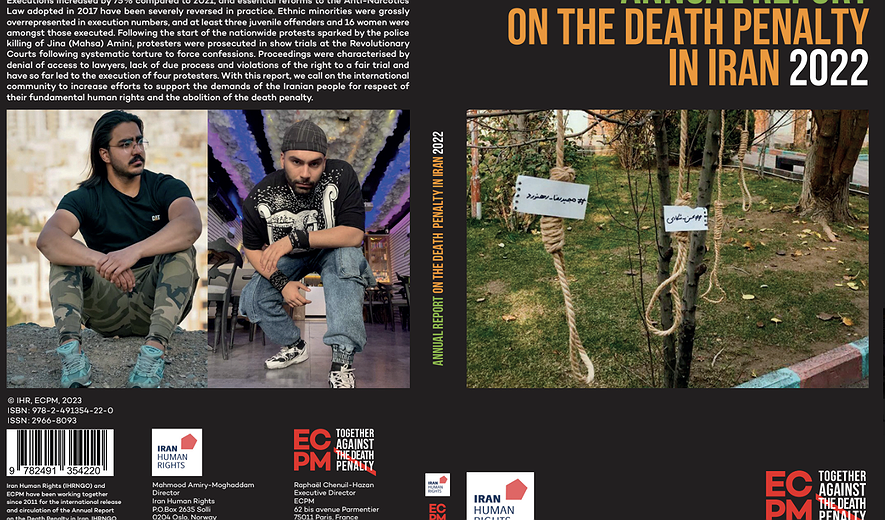Executions for Security-related Charges in 2022
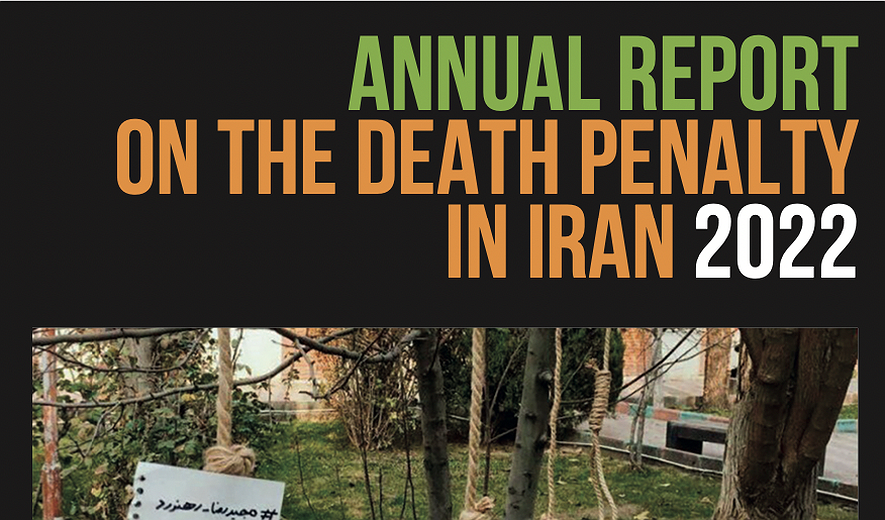
Due to their vague definitions, the charges of moharebeh (enmity against god), efsad-fil-arz (corruption on earth) and baghy (armed rebellion) are used for a wide range of offences. Additionally, as they are within the Revolutionary Courts’ jurisdiction, there is considerable subjectivity in the judgements made in the cases.
Efsad-fil-arz has been used by Revolutionary Court judges, particularly in cases where a death sentence would otherwise be difficult to justify based on other charges and irrefutable evidence. The death penalty cases in 2022 will paint a clearer picture of the charges’ application in practice.
In 2022, at least 15 people were executed for security-related charges compared to 13 in 2021, 15 in 2020 and 9 in 2019.
Facts about the moharebeh and efsad-fil-arz executions in 2022
- 15 people were executed on charges of moharebeh and efsad-fil-arz
- 14 executions were announced by official sources
- 2 protesters and a Kurdish political prisoner were amongst those executed
- 4 people convicted of armed robbery were executed
- 4 people were executed for collaboration with Israel
- An Afghan national was amongst those executed
Executed on charges of moharebeh and efsad-fil-arz
Abdol Latif Moradi: Afghan national executed 77 days after arrest
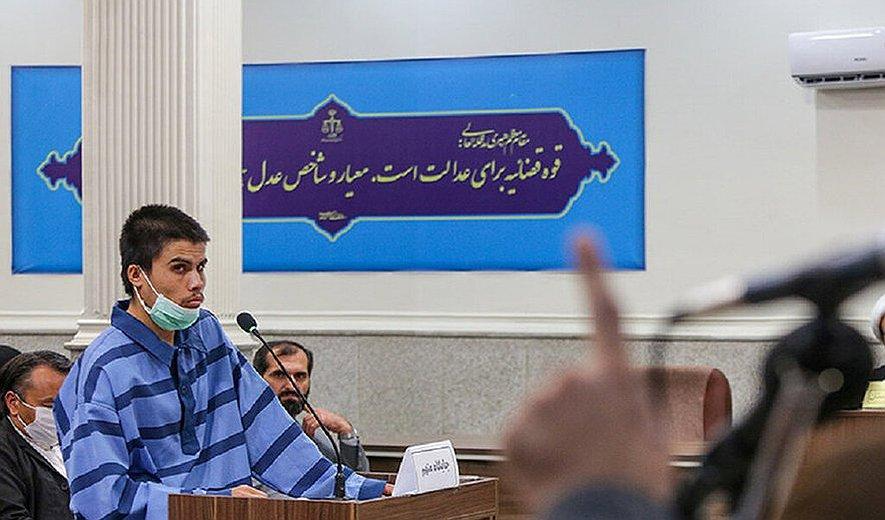
Abdol Latif Moradi was an Afghan national arrested in Mashhad on April 5 and charged with “moharebeh through drawing a weapon on people with the intention of inciting and creating terror that caused insecurity in the Imam Reza (Shiite Muslim’s 8th Imam) shrine and even outside it." He was sentenced to death by Branch One of the Mashhad Revolutionary Court which was upheld by Branch 9 of the Supreme Court. Abdol Latif was executed “in the presence of a group of citizens” in Mashhad Central Prison on June 20.
Firuz Mousalu: Kurdish political prisoner secretly executed while awaiting appeal
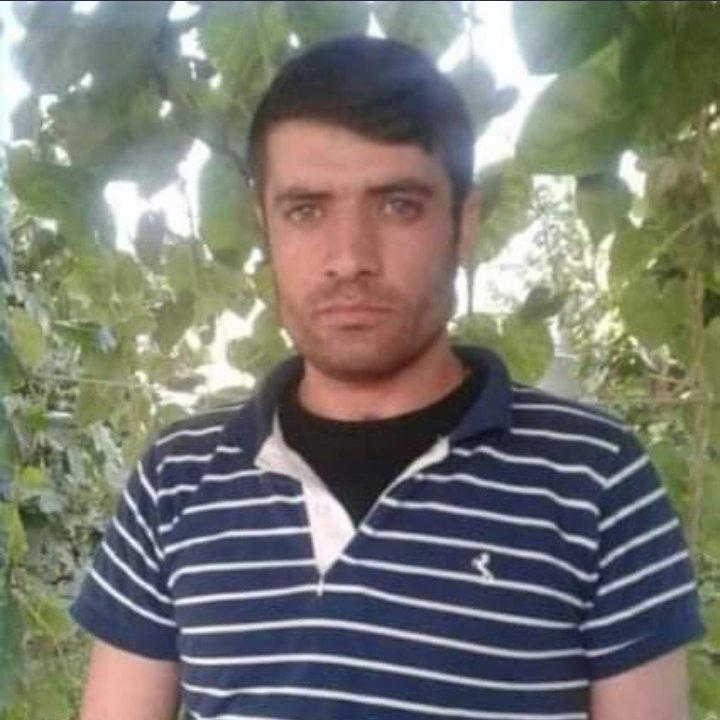
Firuz Mousalu was a Kurdish political prisoner arrested in July 2019 after his family trusted the IRGC’s word that he would be safe if he returned from the Kurdistan Region in Iraq. He was transferred from the IRGC Intelligence Sardasht branch to the Urmia branch where he spent eight months under “torture and interrogations” in their detention. In March, Branch 2 of the Urmia Revolutionary Court sentenced him to death for charges of “moharebeh and baghy through membership in the Kurdistan Workers’ Party (PKK).” While awaiting his appeal, Firuz was transferred to an unknown location on June 18 and secretly executed on June 20. Official media reported his execution without naming him, claiming he had murdered two border agents.
Farzad Garavand and Mohammad Hatami:
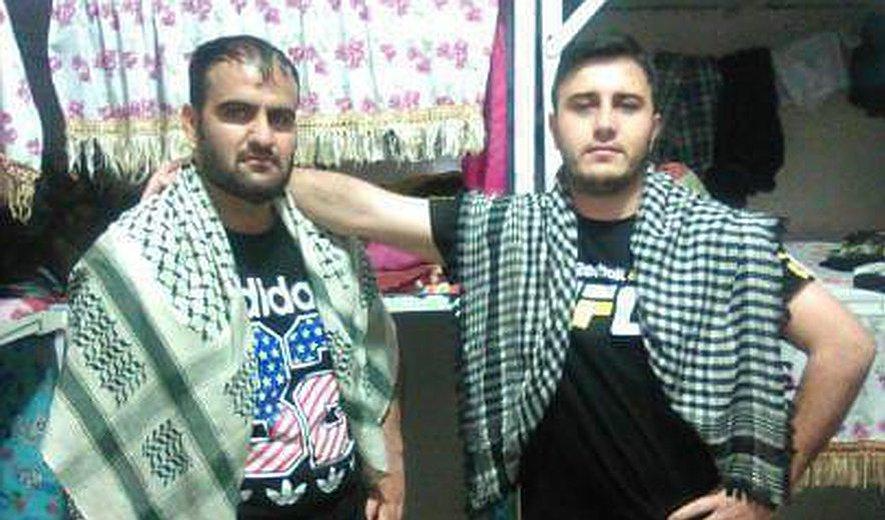
Mohammad Hatami, 28 and Farzad Garavand, 27, were arrested with several other suspects ten months prior to their execution for charges of armed robbery. Mohammad was a shepherd with young children from a small village who had been promised good money to accompany the others on a job without knowledge of the nature of the crime. No gold was stolen and nobody was harmed in the robbery of the gold shop. Yet, they were executed on July 13 in Karaj Penitentiary.
Executions related to protests in 2022
While the Islamic Republic has a bloody history of executing protesters, the execution of protesters in recent years began in 2020 after a series of nationwide protests in 2016-2019. Protesters, Mostafa Salehi and Navid Afkari were both sentenced to death for fabricated charges of moharebeh and murder but were executed for the latter to remove responsibility from the authorities. Following mass public backlash and international pressure, other protesters on death row were released; of the 2016-2019 protesters, Abbas and Mohsen Deris are the only ones still at risk (see Annex 3).
At least 537 protesters including 48 women and 68 children have been killed and thousands arrested since the start of the current nationwide protests sparked by the state killing of Jina (Mahsa) Amini on 16 September 2022. Forced confessions of protesters started airing a week after the protests began and have continued since. While Iranian authorities called for a hard approach to punishing protesters from the outset, on November 6, a statement signed by 227 of 290 MPs was read in the Islamic Consultative Assembly (Parliament) which called on the Judiciary to issue and carry out the death penalty for protesters. The next day, Gholamhossein Mohseni-Ejei, the Head of Judiciary asked judges to issue sentences more swiftly. On October 30, the first death penalty trial of a protester (Manouchehr Mehman Navaz) was announced by the Judiciary’s Mizan newsagency. However, information and news on protester death penalty cases were opaque and intentionally marred with disinformation to cause confusion and conflict which continues to this day. Families have also been threatened to stay quiet with false promises of lesser sentences and release in exchange. In cases of available information, all protesters facing death penalty charges, sentences or execution have been tortured to force self-incriminating confessions which have been used as evidence of their charges. In some cases, defendants have been forced to stage the state accounts of events on camera which are also used as evidence. Furthermore, per the Note to Article 48 of the CCP, protesters were not only denied access to their lawyers in the initial interrogation phase, but were also systematically denied access in the trial and appeal stages of their legal proceedings. The court-appointed lawyers whose services are also often beyond the families’ means, do not provide adequate legal representation and protesters are denied all due process and fair trial rights at show trials that lack all legitimacy. Of the 100+ protester death penalty cases in 2022, the majority were reported by families and human rights defenders at their own risk. It is important to acknowledge the expansive campaign by Iranians and the international community to stop protester executions; in its absence, the number of executions would most likely have been much higher.
A resolution adopted by the EU Parliament on 19 January 2023, condemned “ in the strongest terms the death sentences against and executions of peaceful protesters in Iran” and demanded an immediate and unconditional halt to “any plans to carry out executions and refrain from seeking further death sentences.”
In his report to the 52nd Human Rights Council session, Special Rapporteur on the situation of human rights in the Islamic Republic of Iran, Javaid Rehman, stated: “The Special Rapporteur is alarmed at the execution of two protesters and the reported sentencing to death of several others after sham trials, violating the right to a fair trial and denying the right to due process. He reiterates that all death sentences and consequent executions constitute arbitrary deprivation of life.”
Protesters executed in 2022
Mohsen Shekari: 75 days from arrest to execution
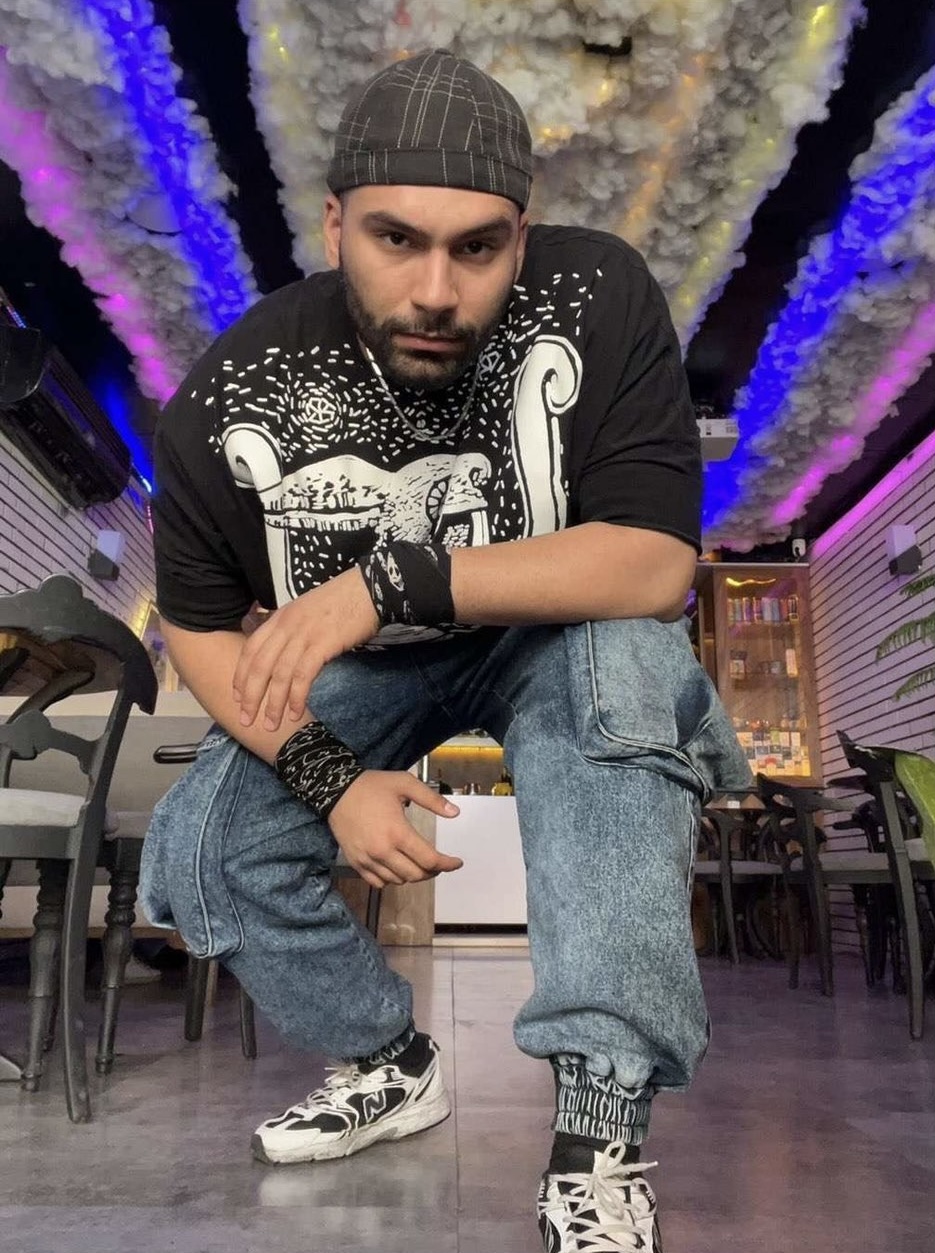
Arrested at a protest in Tehran’s Sattar Khan Street on September 25, Mohsen Shekari, 23, was sentenced to death for charges of “moharebeh through pulling a weapon with the intention of killing and creating terror and depriving the public of freedom and security, causing intentional injury with a cold weapon to a basij officer on duty, blocking Sattar Khan Street in Tehran and disrupting national order and security.” He was executed on December 8. His torture-tainted forced confessions where he appeared with a bruised and bloodied face, were aired later to justify his execution.
Majidreza Rahnavard: 23 days from arrest to execution
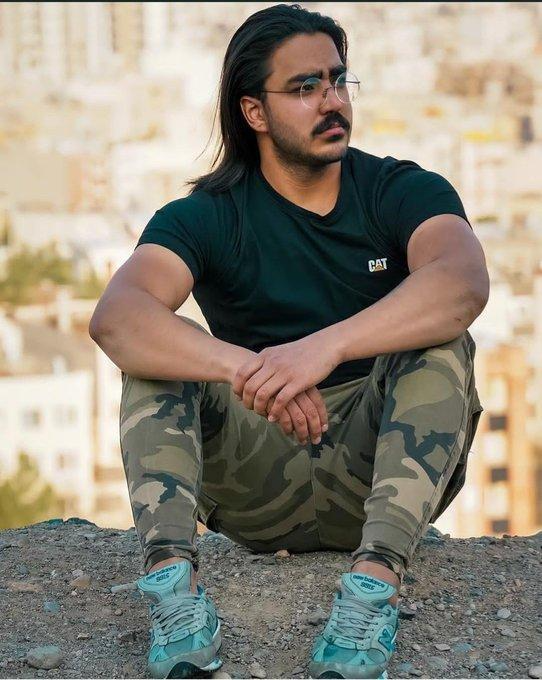
Majidreza Rahnavard was a 23-year-old protester arrested in Mashhad on November 19 and tortured from the outset. His arm was broken when he was paraded before state media and his torture-tainted confessions aired on television. He was sentenced to death for charges of moharebeh (enmity against god) through killing 2 and injuring 4 with a cold weapon (knife) by the Mashhad Revolutionary Court presided over by Judge Mansouri. It is not clear when the sentence was upheld by the Supreme Court. He was publicly executed at the scene of the alleged crime just 23 days after arrest on December 12.
